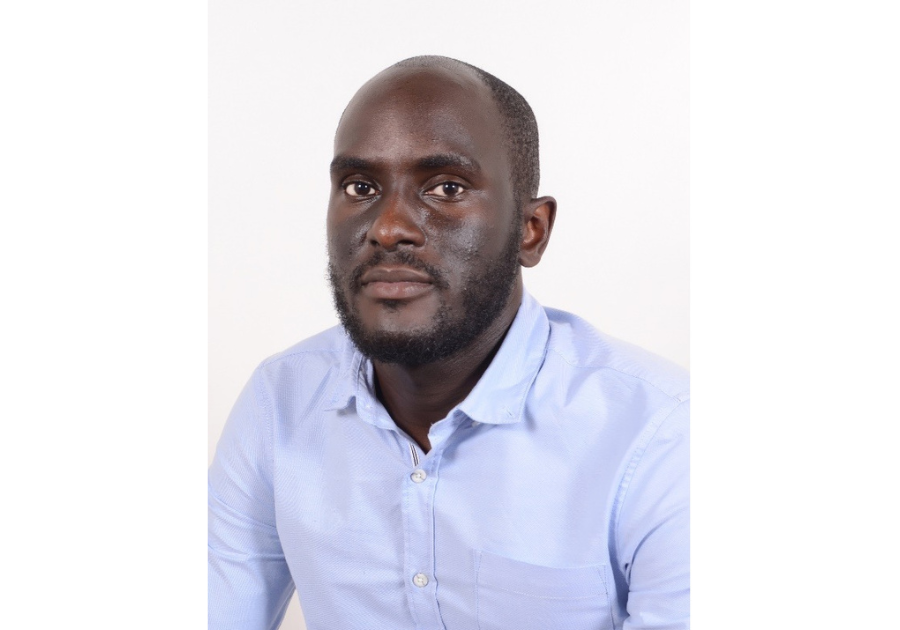Stephen Lagony is a health economist and GHECO member, based at the MRC/UVRI & LSHTM Uganda Research Unit. He’s working on a menstrual health intervention in Ugandan secondary schools.

The MENISCUS trial is a menstrual health project, led by researchers at LSHTM and the MRC/UVRI and LSHTM Uganda Research Unit, in collaboration with WoMena Uganda, Makerere University and University College London. The trial seeks to evaluate if a multi-component menstrual health intervention improves educational attainment and reduces mental health symptoms among secondary school girls in Uganda.
The intervention includes menstrual education; the provision of menstrual products; pain management; and improvements to school water, sanitation and hygiene (WASH) facilities.
Stephen is a health economist within the research team. His responsibilities include: conducting an economic evaluation of the MENISCUS Intervention; conducting a policy analysis to assess the policy environment around menstrual health in Uganda; and conducting a financial sustainability of the MENISCUS intervention in line with government policies and structures for menstrual health and reproductive health in Uganda.
Stephen joined the MRC/UVRI and LSHTM Uganda Research Unit in 2022. Prior to this he worked as a research associate with HealthNet Consult, a local consulting firm in Kampala, Uganda for eight years. He earned his Masters degree in Public Health from Nottingham Trent University in 2020. His research activities covered the areas of costing and economic evaluation of health care programs/interventions, health systems research, health financing, universal health coverage and resource tracking for health. He has program specific experience in HIV/AIDS, malaria and child immunisation in Uganda. He has a strong passion in promoting good health and wellbeing through utilising evidence based mechanisms that enhance equity, promote efficiency and sustainability of health care services.
Our postgraduate taught courses provide health practitioners, clinicians, policy-makers, scientists and recent graduates with a world-class qualification in public and global health.
If you are coming to LSHTM to study a distance learning programme (PG Cert, PG Dip, MSc or individual modules) starting in 2024, you may be eligible for a 5% discount on your tuition fees.
These fee reduction schemes are available for a limited time only.
